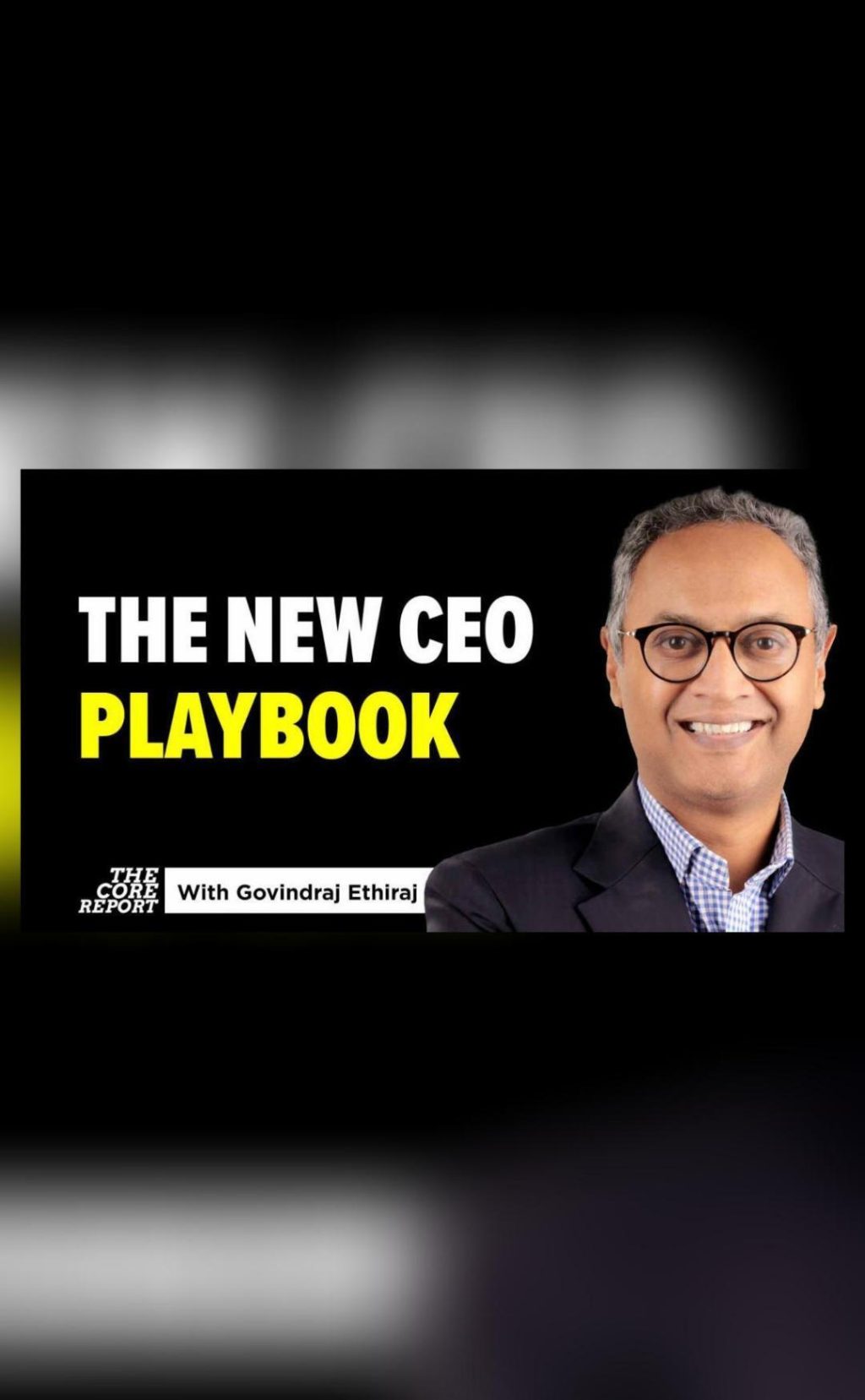
The New CEO Playbook: AI Pressures & Global Tariff Shocks
The modern CEO’s playbook has just been rewritten. Artificial Intelligence (AI) is reshaping industries, and global tariff shocks are disrupting trade. As a result, business leaders are facing unprecedented challenges that require a complete rethink of their strategy and operations.
In this blog post, we’ll explore the key pressures CEOs are facing and the strategies they must employ to survive and thrive in this new landscape.
Internal Pressures: The Need to Automate and Innovate
The rise of AI has created a sense of urgency among CEOs. They know that to remain competitive, they must invest in automation and innovation. This means upskilling their workforce, developing new products and services, and leveraging AI to streamline operations.
A recent survey by Deloitte found that 83% of CEOs believe AI will have a significant impact on their business, with 72% planning to invest in AI technologies in the next two years. However, only 44% of CEOs believe their organization is prepared to effectively use AI.
The pressure to automate and innovate is not limited to large corporations. Small and medium-sized enterprises (SMEs) are also feeling the heat. A study by Sage found that 70% of SMEs believe AI will change the way they do business, with 60% planning to invest in AI technologies in the next three years.
External Pressures: Global Tariff Shocks
While AI is revolutionizing industries, global tariff shocks are disrupting trade. The ongoing trade war between the United States and China, as well as the UK’s departure from the EU, is creating uncertainty and volatility in global markets.
A recent report by the International Monetary Fund (IMF) warned that the global economy is facing its worst outlook since the 2008 financial crisis. The IMF estimates that global trade will decline by 2.5% in 2020, with many countries experiencing negative economic growth.
For CEOs, the impact of global tariff shocks is twofold. Firstly, they must navigate the complex web of tariffs and trade agreements to minimize the impact on their business. Secondly, they must adapt their business models to the new reality of increased protectionism and reduced trade.
The New CEO Playbook: Localize, Adapt, and Reconsider
In the face of these unprecedented challenges, CEOs must rethink their strategy and operations. Here are some key takeaways from the new CEO playbook:
- Localize: As global trade becomes more complex and uncertain, CEOs must focus on localizing their supply chains and operations. This means identifying new markets, partners, and suppliers to reduce reliance on global trade.
- Adapt: CEOs must be willing to adapt their business models to the new reality of AI and global tariff shocks. This may involve developing new products and services, upskilling their workforce, and investing in digital technologies.
- Reconsider: CEOs must reconsider their long-held business models and assumptions. This may involve rethinking their value proposition, target market, and competitive strategy.
Case Study: How One CEO is Navigating the New Landscape
To illustrate the challenges and opportunities facing CEOs, let’s consider the case of John, CEO of a mid-sized manufacturing company.
John’s company has traditionally relied on exporting its products to the US and China. However, with the ongoing trade war, John is facing significant tariffs on his exports. To mitigate this risk, John has decided to localize his supply chain by establishing a new manufacturing facility in the US.
John is also investing in automation and innovation to reduce costs and increase efficiency. He is upskilling his workforce and developing new products and services to meet changing customer needs.
In addition, John is rethinking his business model to focus on the domestic market. He is identifying new partners and suppliers, and developing a new competitive strategy to compete in the US market.
Conclusion
The new CEO playbook is clear: AI pressures and global tariff shocks require CEOs to localize, adapt, and reconsider their strategy and operations. By upskilling their workforce, investing in automation and innovation, and rethinking their business models, CEOs can navigate the challenges ahead and thrive in this new landscape.
As the CEO of a global company, John’s story is a testament to the power of adaptability and innovation in the face of uncertainty. By embracing the challenges of AI and global tariff shocks, CEOs can create a brighter future for their companies and their employees.
Watch the news report:
Sources:
Deloitte. (2020). Global CEO Survey.
Sage. (2020). AI and the Future of Business.
International Monetary Fund. (2020). World Economic Outlook.
Note: The news source URL provided is a YouTube video link.






